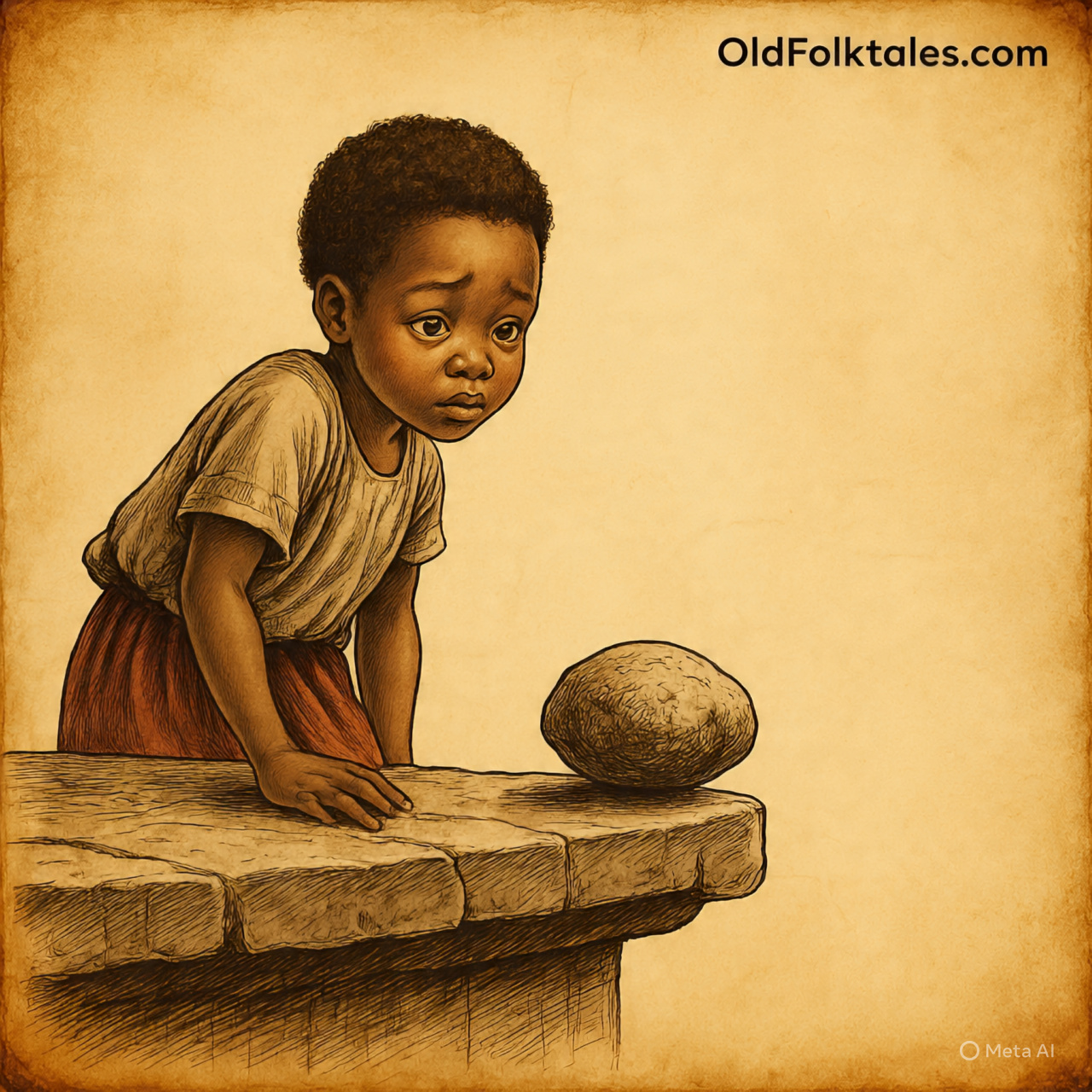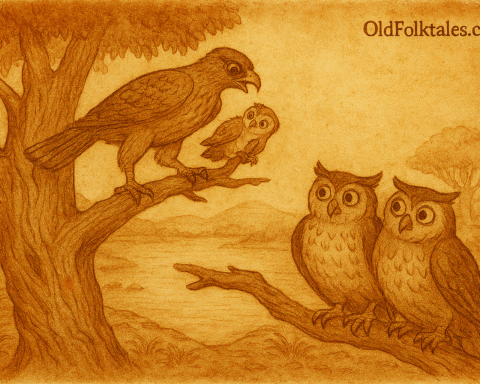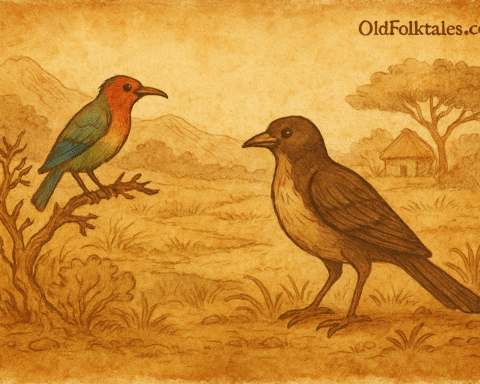Long ago, in a small village in Nigeria, there lived a wealthy woman who purchased a young slave girl to serve in her household. The girl, though outwardly obedient, carried in her heart a deep resentment and wicked thoughts toward her mistress.
The household was peaceful at first. The mistress gave the girl food, clothing, and shelter, and the girl performed her daily chores without complaint. Yet secretly, the slave girl nursed a burning desire to harm the woman who owned her. Day after day, she thought of ways to bring about her mistress’s downfall.
One night, under the cover of darkness, the slave girl devised a cruel plan. She carried a heavy stone up to the roof of the house and carefully balanced it there. Her heart pounded with anticipation. Her scheme was simple: when her mistress stepped outside in the morning, the stone would fall and crush her instantly. Satisfied with her plot, the girl crept away and waited for dawn.
But the mistress was not without protection. She possessed strong juju, a spiritual power that shielded her from hidden dangers. As the first light of morning touched the earth, the mistress rose from her bed. She stepped outside, but before her feet crossed the threshold, her spirit warned her of danger.
Looking up, she saw the massive stone tilting on the edge of the roof. In an instant, she darted away. The stone came crashing down with a thunderous force. Dust and debris filled the air. The mistress was safe, untouched by harm.
Fate, however, did not spare the slave girl. The heavy stone, misdirected by her own hand of evil, fell upon her instead. With no time to escape, she was crushed beneath the very weapon she had prepared for another.
Thus, her wicked scheme ended in her own destruction. The mistress remained alive and unharmed, protected by her juju and by the justice of the unseen powers that guard against evil.
Moral Lesson
If you plan evil against another, beware the harm you intend may return to you. Wickedness often carries the seed of its own destruction.
Knowledge Check: Questions and Answers
1: What is the main lesson of The Slave Girl Who Tried to Kill Her Mistress?
The folktale teaches that evil plans often backfire, and harm intended for others may return to the planner.
2: How did the slave girl attempt to kill her mistress?
She placed a large stone on the roof, hoping it would fall and kill her mistress when she stepped outside.
3: What protected the mistress from the slave girl’s plan?
The mistress had strong juju (spiritual protection) that warned her of the danger.
4: What ultimately happened to the slave girl?
The stone she placed to kill her mistress fell on her instead, leading to her death.
5: What cultural element is highlighted in this Nigerian folktale?
The story emphasizes juju, a form of spiritual power believed to protect individuals from harm.
6: Why is this folktale important in Nigerian culture?
It reflects traditional values of justice, morality, and the belief that evil cannot triumph over good.






